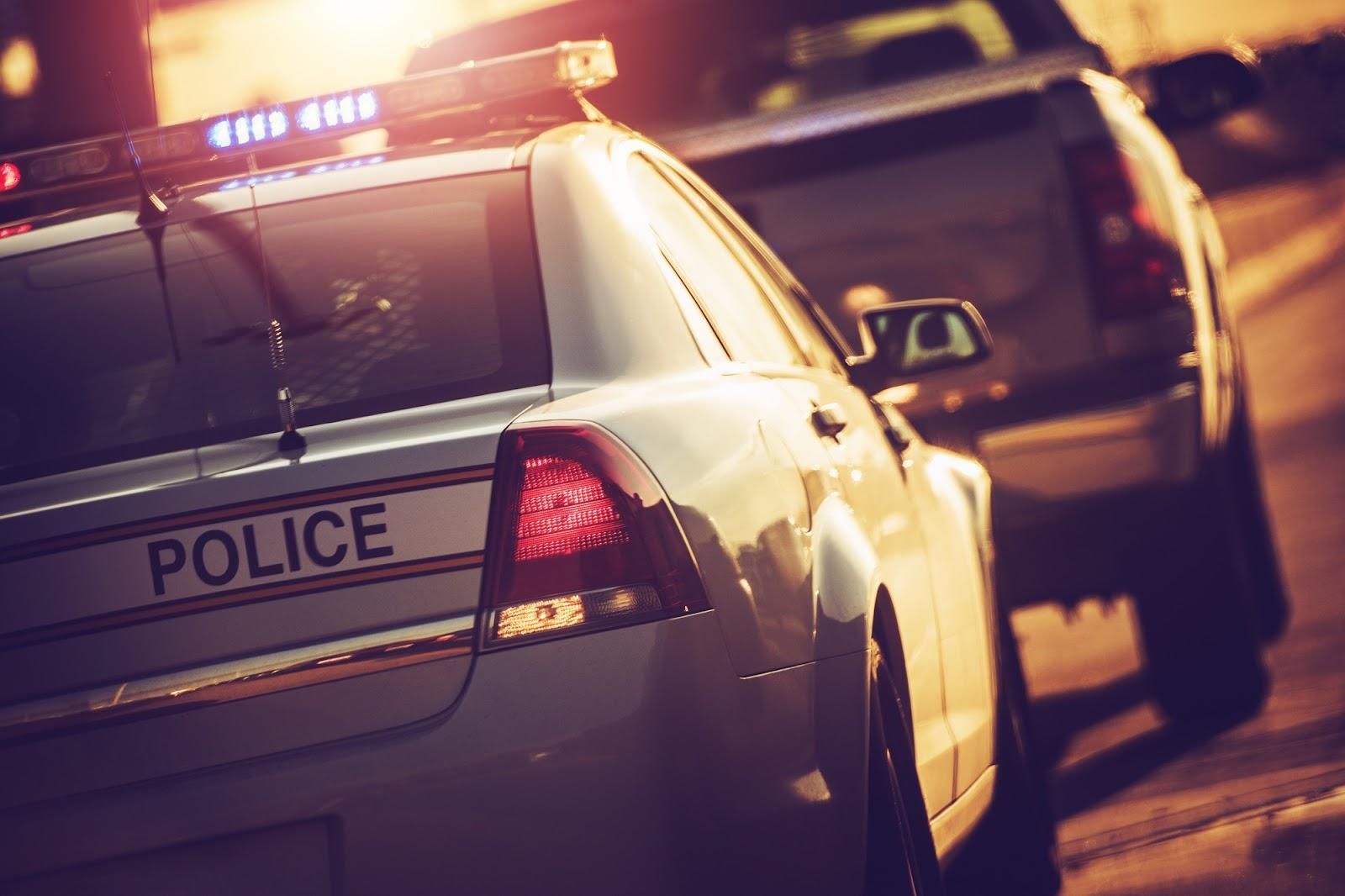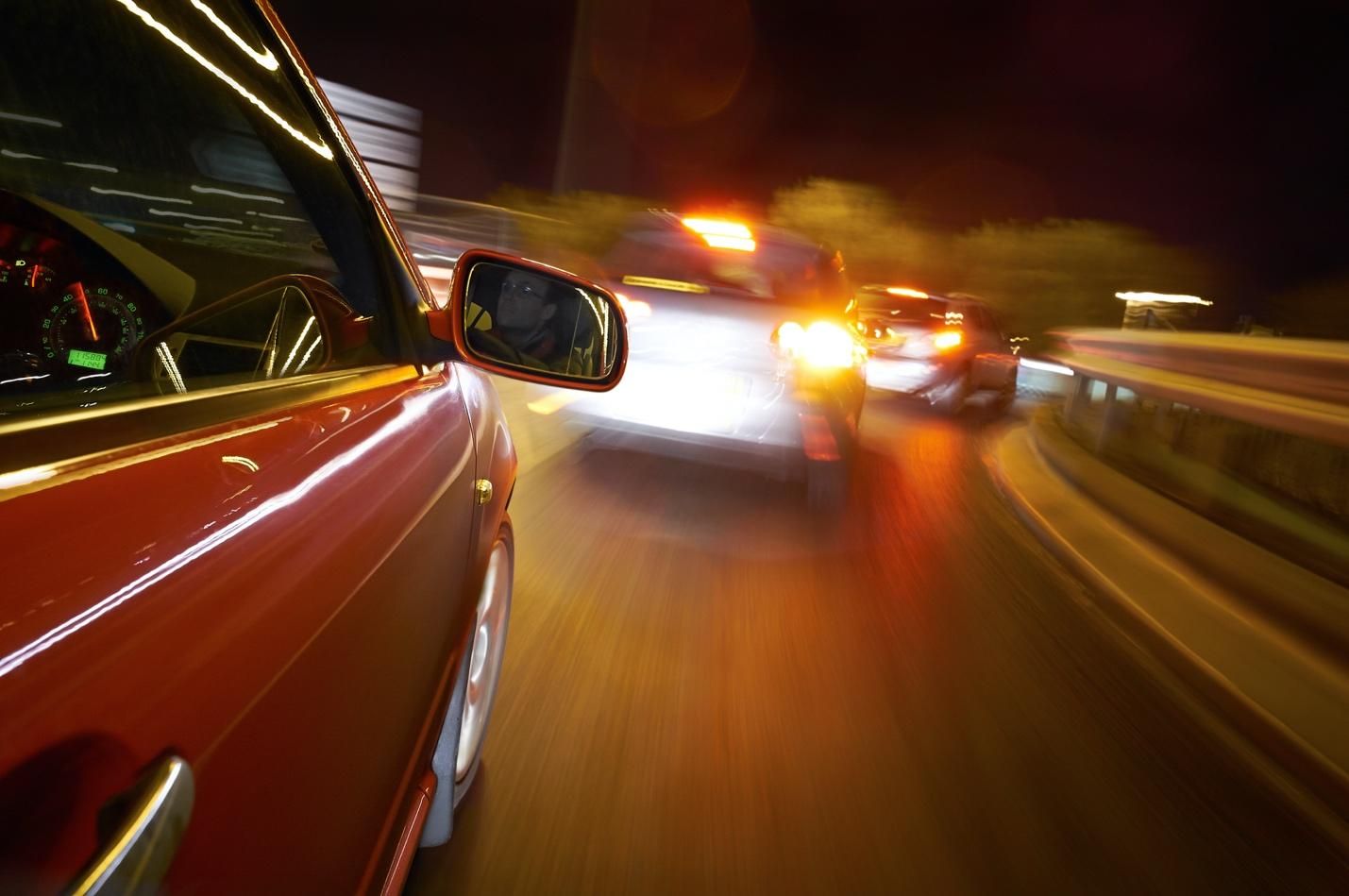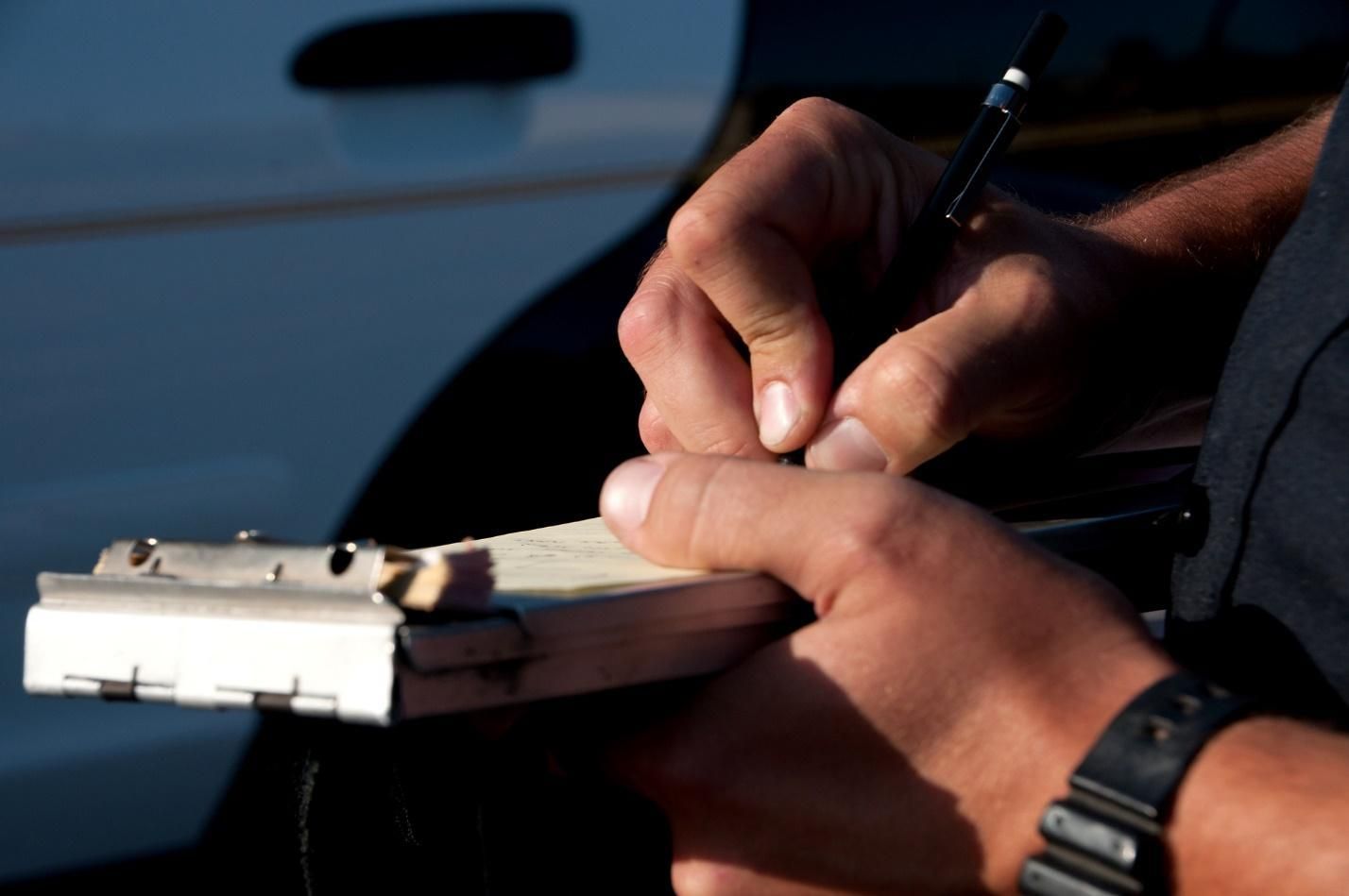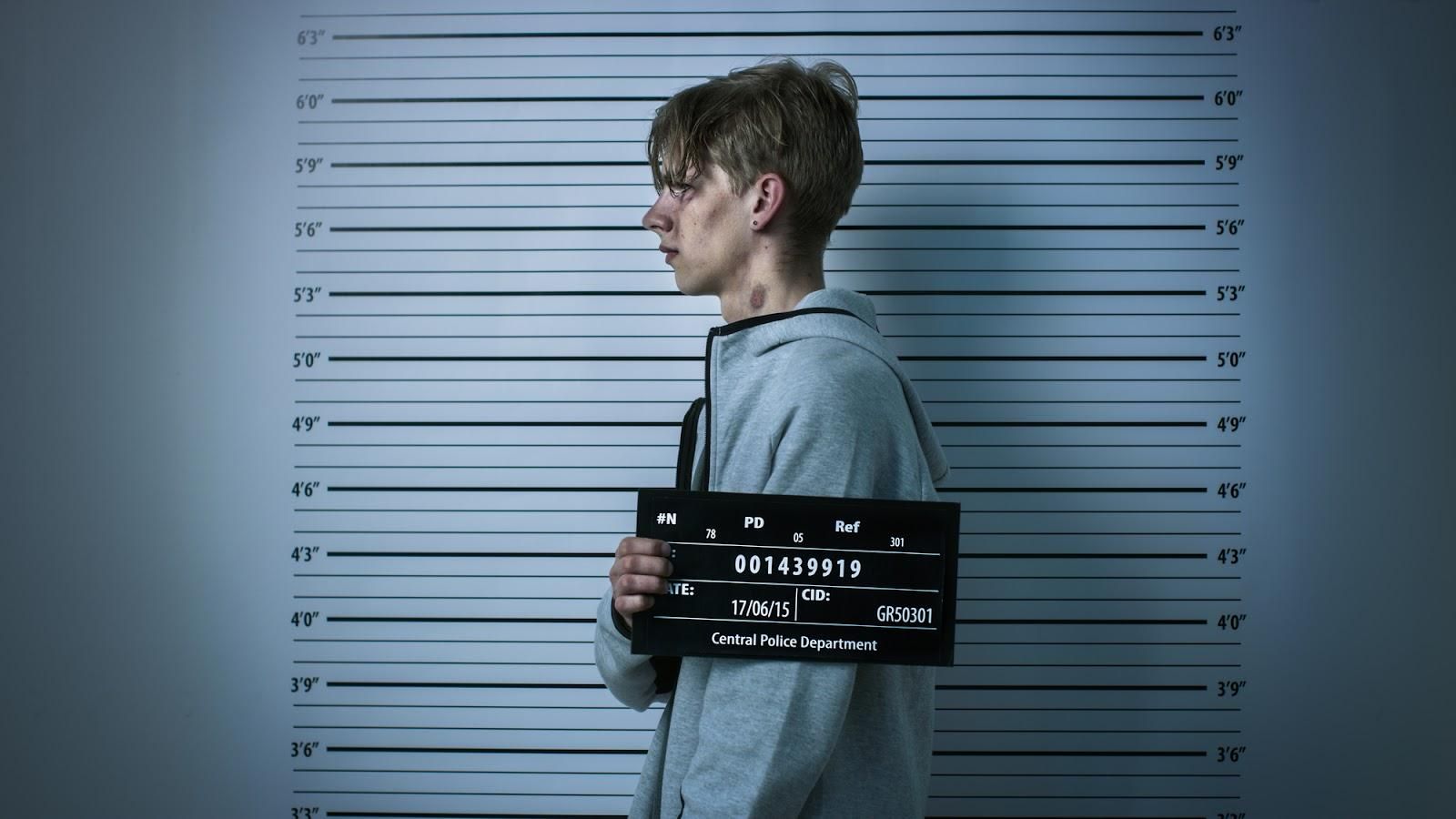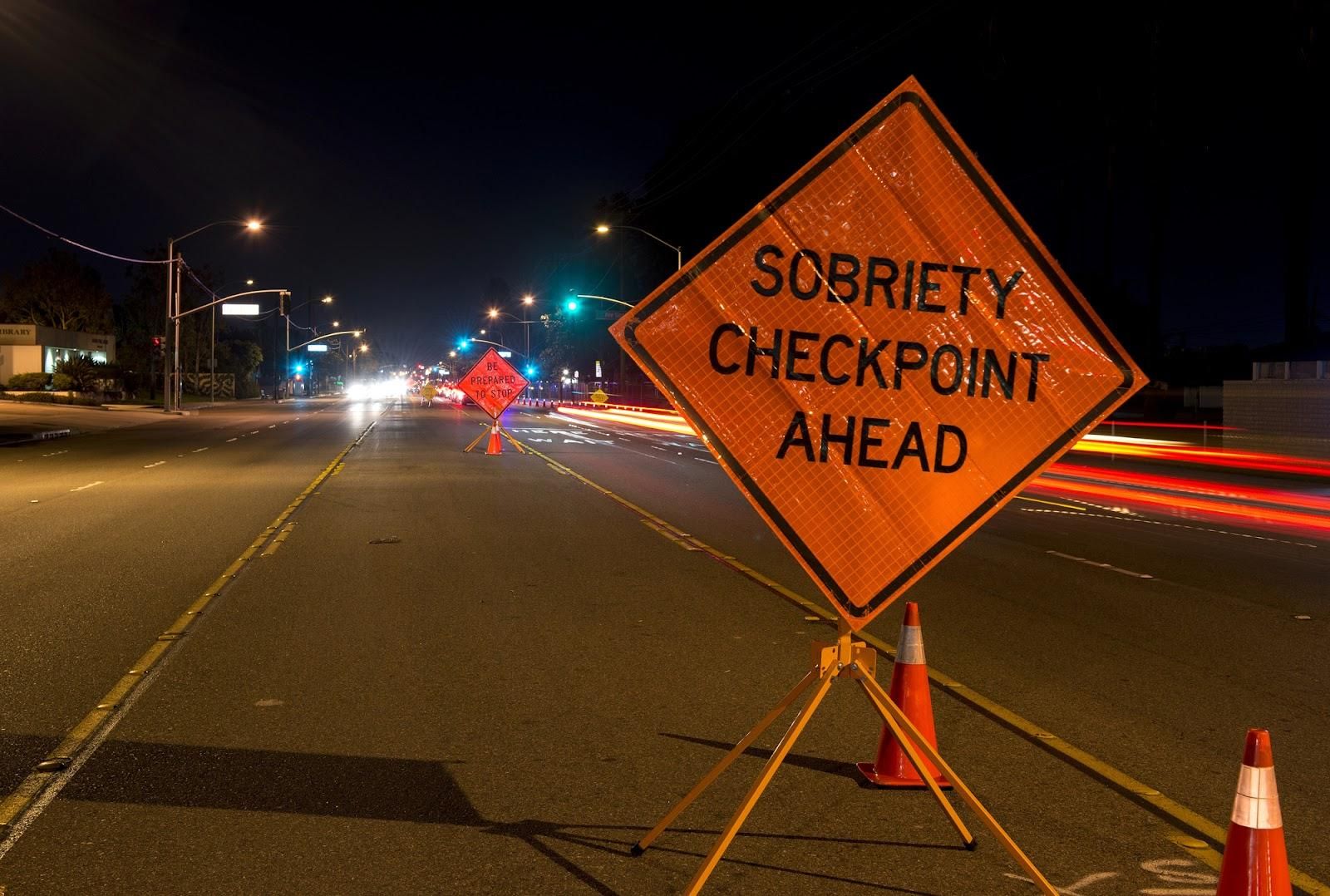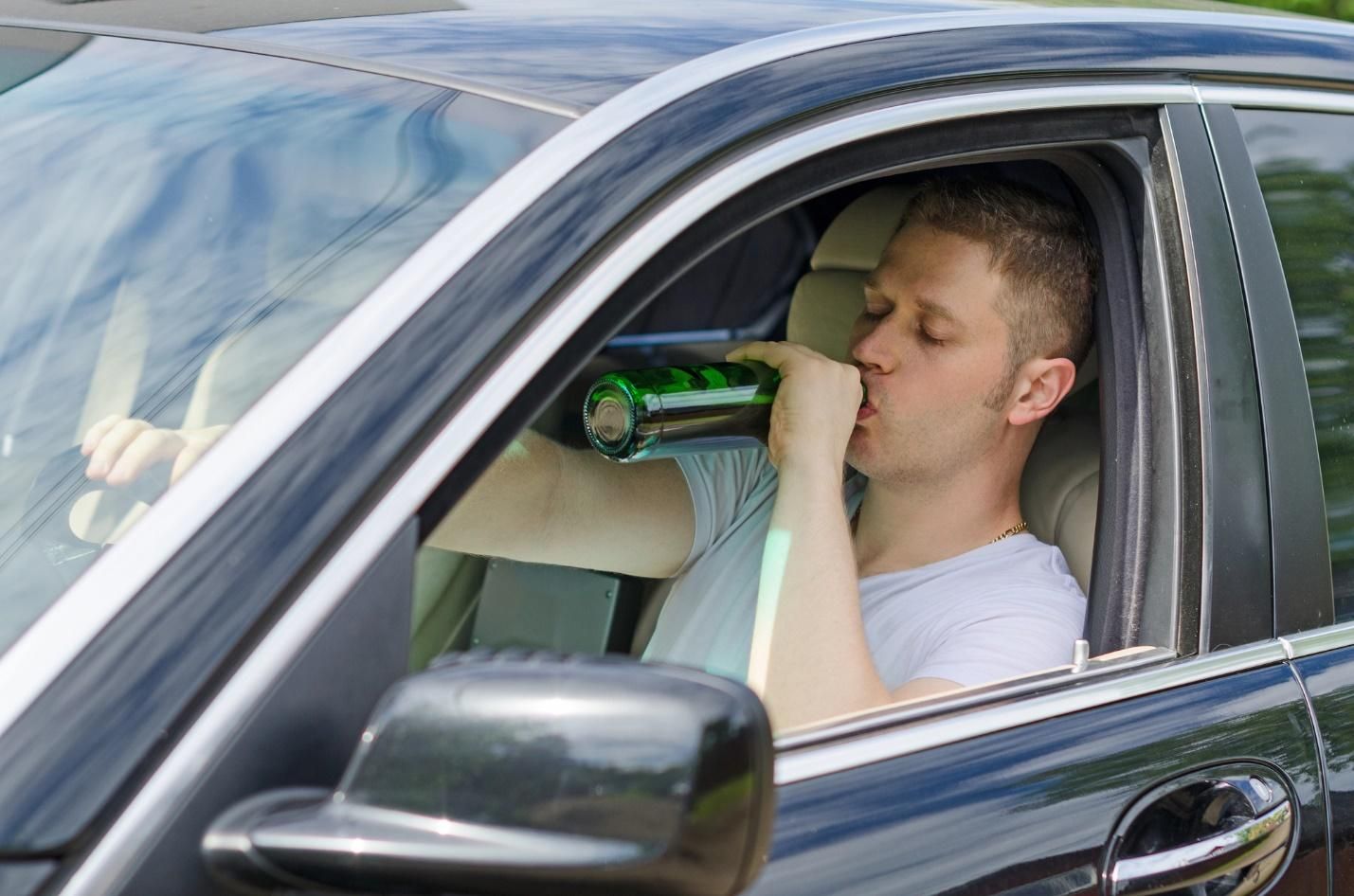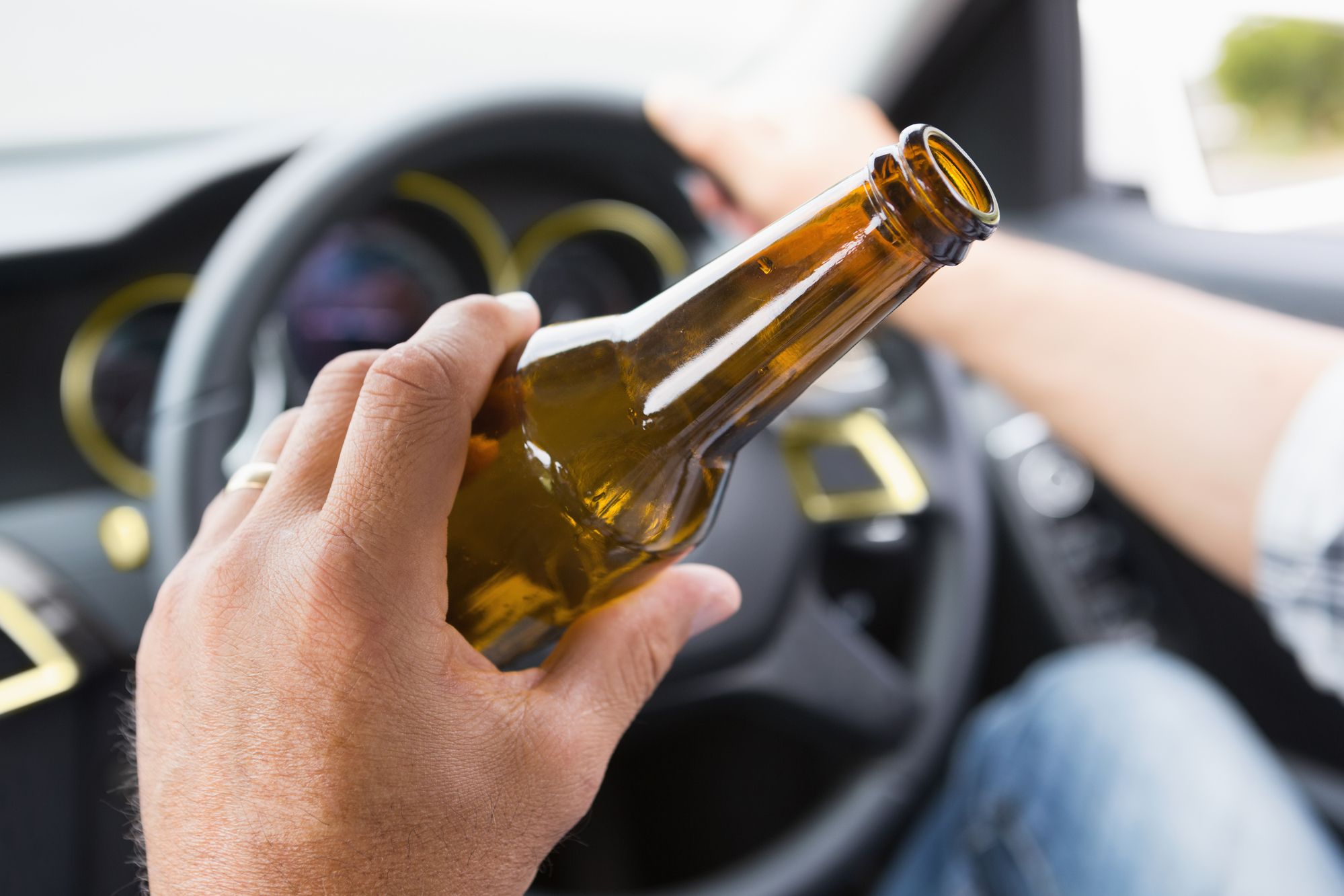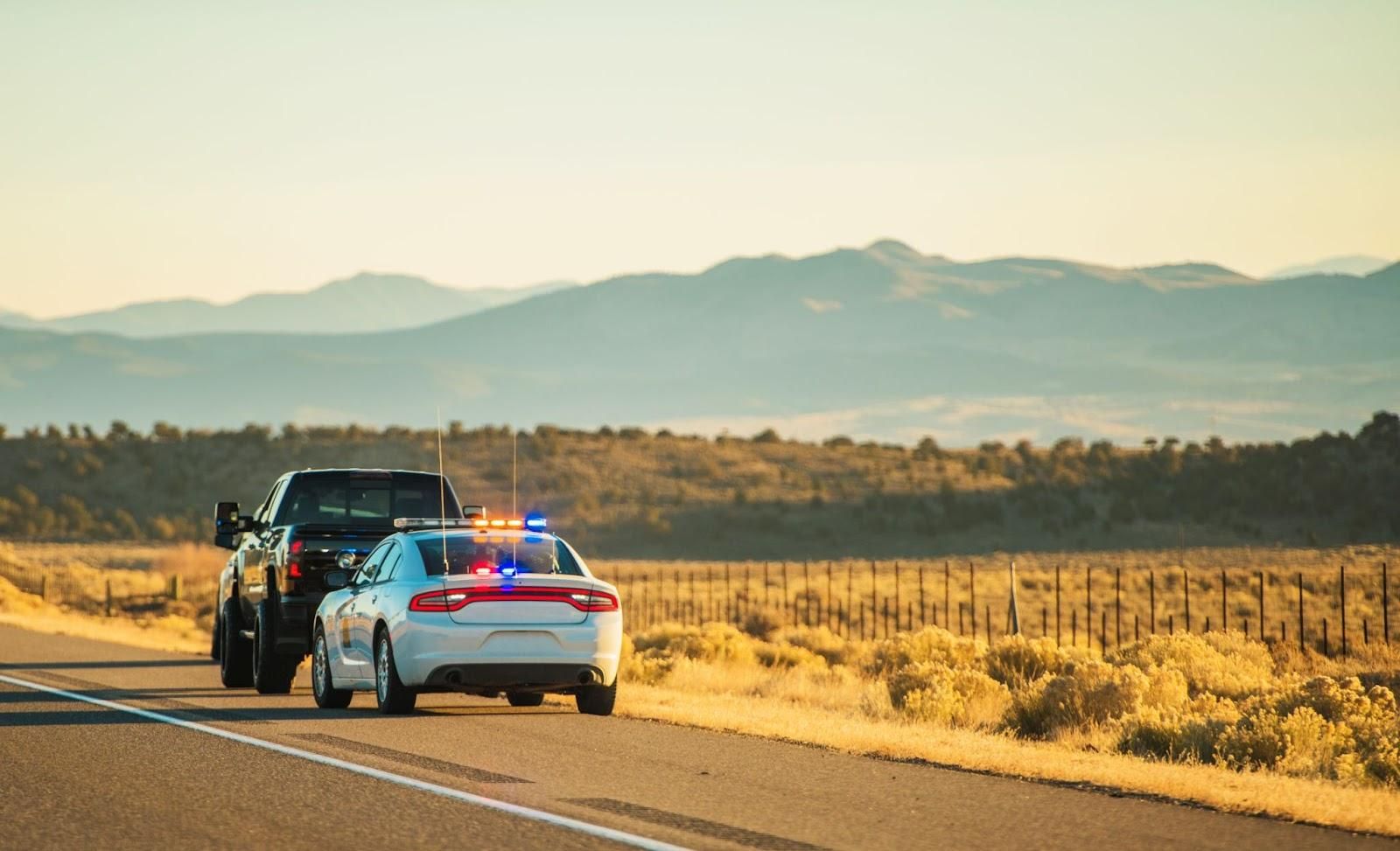Virginia DUI Lawyer
When facing DUI charges in Virginia, it is important to understand your legal rights and what to expect from the criminal justice system. In addition to legal penalties, those convicted of DUI also face potentially life-altering complications, such as difficulty finding employment and loss of driving privileges. At Driving Defense Law, our Virginia DUI lawyers guide our clients through the legal process and work to secure the best possible outcome. To learn more about your legal options after a DUI in Virginia, contact a DUI lawyer today by calling (757) 929-0335.
What Are the State DUI Laws in Virginia?
People facing DUI charges in Virginia should understand the state’s DUI laws and penalties and how they could apply to their cases. Some essential points a Virginia DUI lawyer may be able to explain for you include:
Blood Alcohol Content (BAC) Limits
According to the Virginia Department of Motor Vehicles (DMV), someone 21 years or older is guilty of DUI if their blood alcohol content (BAC) level is .08% or higher. Drivers under the legal drinking age are prohibited from operating a vehicle with any amount of alcohol in their system and may be charged with DUI with a BAC as low as .02%.
In some cases, the police may also charge individuals who are of legal drinking age with DUI even if the tests administered do not show a BACover .08% if there is evidence that the driver was still too impaired to drive safely. Police officers often administer field sobriety tests and may file charges if they believe the suspect failed the test due to intoxication.
Criminal Penalties for DUI Offenses
Virginia is home to strict drunk driving penalties. First-time DUI offenses are typically considered Class 1 Misdemeanors, and a conviction for this offense permanently stays on a criminal record. The penalties for a misdemeanor DUI conviction include a fine of between $250 and $2,500 and a license suspension of up to one year. Suspects with a BAC of .15% or higher are also sentenced to at least five days in jail.
Those with past DUI convictions face harsher penalties for subsequent convictions. According to § 18-2.270 of the Code of Virginia, a second conviction within less than five years of the first carries a minimum fine of $500 and a mandatory jail sentence of between one month and one year. A third DUI arrest within 10 years carries a Class 6 felony charge, with a mandatory minimum of 90 days in jail and a mandatory minimum fine of $1,000. Those convicted of fourth and subsequent DUIs must serve a minimum of one year in prison, in addition to a fine of at least $1,000.
License Suspension and Ignition Interlock Requirements
In addition to criminal penalties, a DUI conviction also carries penalties with the Virginia Department of Motor Vehicles (DMV). A first-time offender is subject to a mandatory one-year license suspension and must install an ignition interlock device once their driving privileges have been restored. A second conviction also requires an ignition interlock device and carries a three-year license suspension.
For a third offense, the DMV revokes a driver’s license indefinitely. However, offenders with repeat DUI convictions may apply to have their license reinstated after five years, as well as applying for a restricted license after three years, according to the Virginia DMV. If you have questions about restoring a suspended driver’s license or another DUI matter, contact Driving Defense Law to speak with a Virginia DUI lawyer.
What Does a DUI Lawyer Do?
DUI lawyers offer crucial legal assistance by educating clients on charges, formulating tailored legal strategies, managing administrative tasks, and representing clients in court. Their goal is to minimize or dismiss charges by scrutinizing prosecution evidence and negotiating favorable plea deals. Beyond the legal consequences, a DUI arrest can impact your personal and professional life. A skilled DUI attorney works towards minimizing these repercussions by reducing sentences when possible.
Legal Guidance
Hiring an experienced DUI lawyer can help individuals charged with DUI to navigate the Virginia legal system. A DUI attorney familiar with Virginia criminal law will be focused on safeguarding their client’s rights. Skilled attorneys often leverage evidence and connections with prosecutors to reduce charges, while plea deals offer the opportunities to potentially minimize penalties. These legal professionals can also offer valuable legal advice on courtroom conduct. Selecting the right DUI attorney is essential: Consider factors like free consultations and legal fees, and have multiple meetings to ensure a suitable choice for your case and budget.
Negotiating With Prosecutors and Judges
DUI attorneys can play a crucial role in plea negotiations, often reducing penalties for first offenses through substantive and technical defense strategies. During the trial, they present evidence and scrutinize prosecution errors, exposing mistakes in procedure and constitutional violations. A seasoned DUI lawyer guides clients on how to avoid self-incrimination during police interviews.
Although you are free to represent yourself, many people facing DUI charges opt for legal representation, as many people are not well-positioned to defend themselves in court and judges can be less forgiving of self-represented defendants lacking an understanding of their legal rights and trial procedures.
DUI Defense Strategies
An attentive DUI lawyer will meticulously review each aspect of a new client’s case to identify potential defense strategies. These strategies could potentially result in reduced or dismissed charges.
Breathalyzer Test Issues
A failed breathalyzer test is one of the most common pieces of evidence in DUI cases, but these tests are not infallible. The results of a breathalyzer can be distorted by numerous factors, and inaccurate readings are common. If there is evidence of a false reading or that the officer made errors when administering the test, this could be used as a defense to DUI charges.
Invalid Sobriety Tests
If a suspect fails a field sobriety test due to factors other than intoxication, a DUI lawyer could use this as part of a defense strategy. For example, if a client was unable to walk in a straight line because the road was icy and slippery, a DUI lawyer could argue that the charges against their client should be dismissed.
Unauthorized Stops
Before pulling someone over, a police officer must have probable cause that a crime has been committed. This includes traffic violations, such as running a red light or drifting out of a lane. The arresting officer must provide a reason for the stop in their arrest report. If they are unable to provide a valid reason, the charges could be challenged in court.
Discuss Your Case With Our Virginia DUI Defense Lawyers
If you have recently been arrested for DUI in Virginia, you should strongly consider speaking with an experienced DUI defense lawyer. At Driving Defense Law, our Virginia DUI lawyers help our clients build defense strategies and work towards securing the best possible outcome based on the circumstances of the case. Contact us today at (757) 929-0335 to discuss your case in a free consultation.
